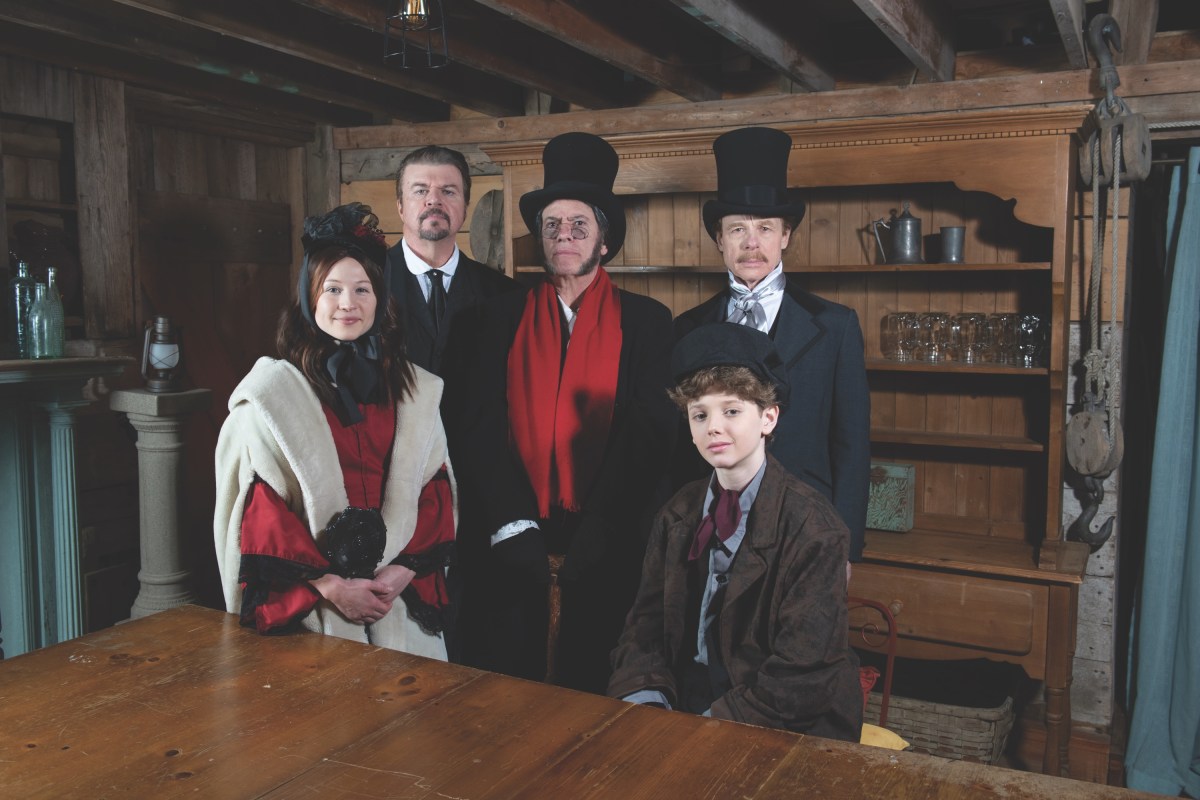For ages, humankind has debated the myriad intricacies of life, all the while pondering the imponderable in a desperate bid to satisfy the great questions that plague every man, woman, and child: Why are we here? What is my destiny? And how do I get that coffee stain out of my favorite dress shirt?
The Center for Inquiry of Long Island, an intrepid group of philosophers, has been holding monthly meetings at the Plainview-Old Bethpage Public Library for quite some time now to debate such topics (okay, maybe not coffee stains), according to Phil Pollack of Seaford, the group’s Treasurer.
“The Center for Inquiry is an educational, international organization that tries to promote rationality, science, and critical thinking, and we are cooperatively involved with the Council for Secular Humanism,” he said. “This particular group was an independent Secular Humanist group in the late 1990’s, and in 2003 we decided to become a branch of the Center for Inquiry…we felt it would be beneficial to the local group to have some of the benefits of being with a national organization.”
The Center for Inquiry of Long Island is a sub-group of the Council for Secular Humanism, a group founded by Dr. Paul Kurtz on the principles of following a religion without the concept of a supernatural being; instead, the group would follow principles of philosophy, according to member Norm Roscoe of Oakdale.
“Paul Kurtz said that the word ‘religious’ confuses the hell out of everyone, so we’re going to call it ‘Secular Humanism’ to clarify that we are not a supernatural-believing group,” he said. “Kurtz formed the Center for Inquiry in 1991, combining under the same umbrella the Council for Secular Humanism and the Committee for the Scientific Investigation of Claims of the Paranormal, which is a group that debunks supernatural myths.”
Dr. Leonard Finkelman, a Queens resident and Professor of Philosophy at CUNY Lehman College, has been a member of the Center for Inquiry’s Long Island chapter for six months thus far; he is their current discussion leader, and takes on the task of providing stimulating topics for the group to talk over with one another.
“Philosophy is just generally how different ideas connect together, for example, how when you believe one thing, you’re sort of logically forced to believe something else,” he said. “Today, we’re going over a broad overview of different views of Free Will…if you believe just one thing about how people make decisions, and if you hold the view that people make their choices freely if perhaps their choices are compelled by previous causes…just a real survey of what philosophers have to say on the issue.”
As far as how he selects his discussion topics, Finkelman said that he tries to keep open to whatever is of interest to people; he noted that when the topics roam into academia, he often has to deal with esoteric interests that may alienate some people, so it’s more fun to see what people in general enjoy talking about.
“In the last couple of meetings, no matter what we talk about, people really wanted to talk about Free Will, so I figured tonight would be a good night to go back to basics,” he said. “Then, we’ll see what interests people tonight, and that will inform me as to what we might do next time.”
Pollack said that, at its very core, the Center for Inquiry is an all-inclusive, multi-faceted group that is interested delving deep into modern-day society and uncovering the truth behind everyday life.
“This is a philosophy and discussion group,” Pollack added. “We always have really interesting topics, and we also have a book club discussion group as well. We talk about politics, science, real history, and other aspects of the world in which we live. It’s a fascinating group of people, and we invite anyone who’s interested in experiencing our discussions to come down and try it out.”
To find out more about the Center of Inquiry of Long Island, visit www.meetup.com/cfilongisland.




























